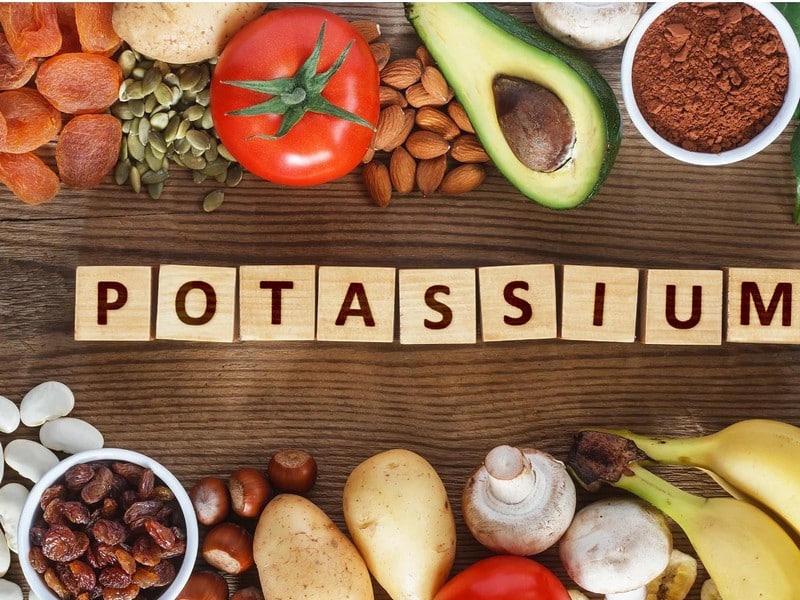Potassium-Rich Diet

Potassium is a mineral classified as an electrolyte because of its property to react to water. It is particularly helpful in conducting electric signals, activating various cell and nerve functions and muscle contractions, and regulating intracellular fluid (ICF) like the blood and spinal fluid.
Maintaining a potassium-rich diet can help relax the blood vessels and excrete sodium. It also decreases blood pressure and the risk of dehydration. Maintaining good fluid balance reduces the risk of edema and swelling in different body parts, including the feet.
Maintaining a healthy diet is imperative to ensure the body gets enough potassium. Supplementing it with potassium-rich food like fruits, vegetables, lean meats, whole grains, beans, and nuts also helps.
Conversely, having too much or too little potassium in the body can be life-threatening. The common symptoms of potassium overload and deficiency include extreme fatigue, weakening muscle contractions, muscle spasms, weakness, cramping, abnormal heartbeat, constipation, nausea, elevated blood pressure, vomiting, and, in worst cases, sudden death.










